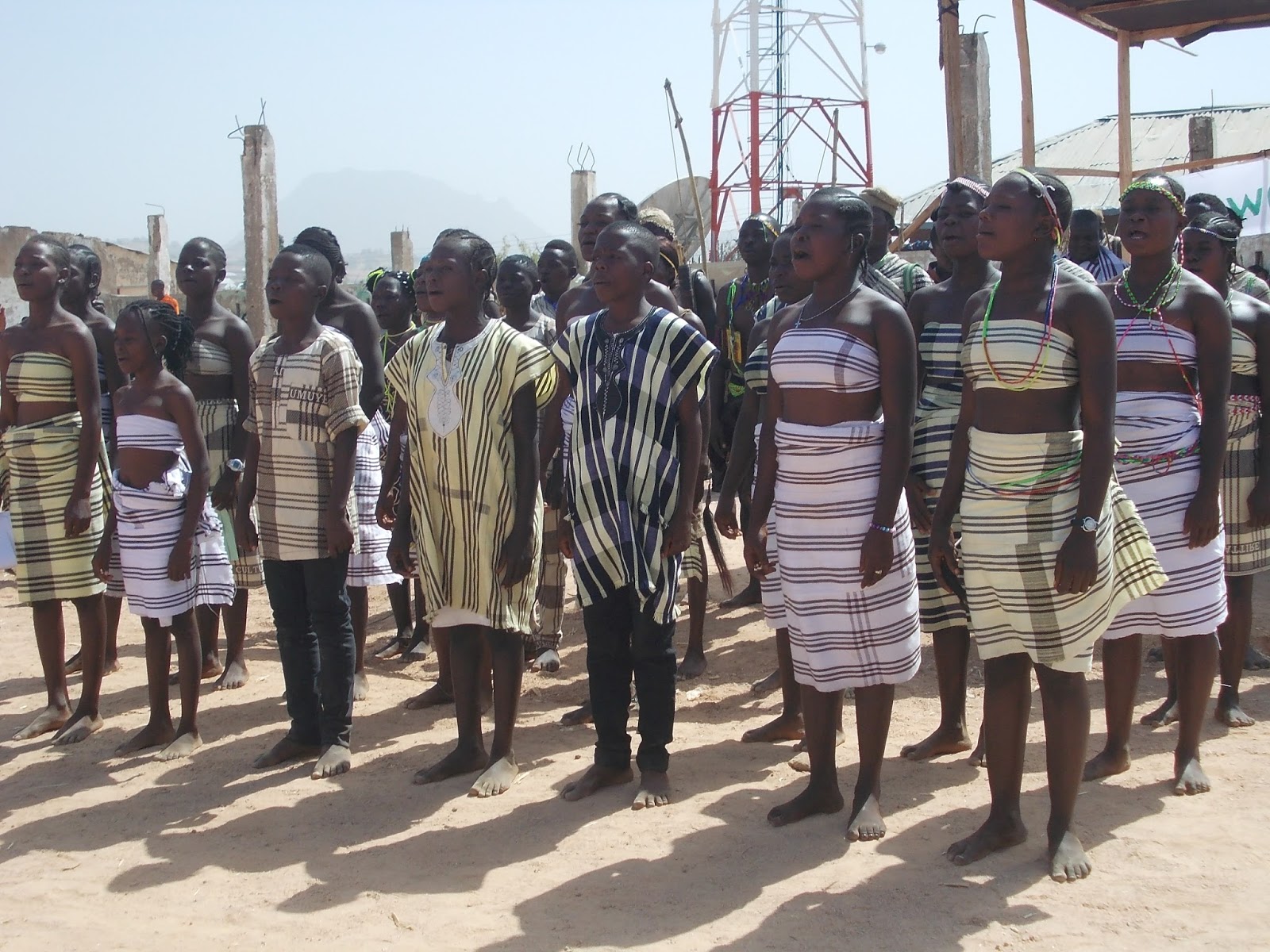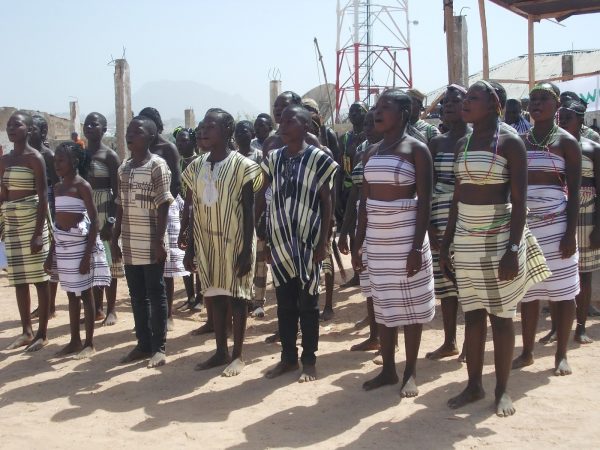Introduction/History
The Mumuye are an ethnic group living in Nigeria and Cameroon. They speak the Mumuye language. According to records, they constitute the largest ethnic group in Taraba State of Nigeria and form the predominant group found in Zing, Yorro, Jalingo, Ardo-Kola, Lau, Gassol, Bali and Gashaka, all of which are local government areas of the state. Mumuye people are also widely found in many parts of the neighbouring Adamawa State.
The Mumuye are a sub-group of the Plateau peoples who occupy central Nigeria and Gongola state. There are at least fifteen distinct Mumuye dialects spoken by the group. Therefore, the cluster is divided and grouped according to the dialects they speak. The Mumuye of Cameroon speak the Yoro dialect, while the Gengle of Nigeria speak the Gengle dialect.
Read more about other Ethnic Groups in Nigeria
Most Mumuye groups claim to be offshoots of the Yoro Mumuye, and all of the groups trace their origin to the Yoro area. This region is isolated from the other Mumuye groups by a series of hills. All of the groups recognize the priest of Yoro as the “supreme rainmaker” for the entire Mumuye people.
At one time, the Mumuye were conquered and enslaved by the Jukun Empire. However, they gained independence in 1893 after the Fulani drove the Jukun into the hills. The Mumuye remain independent of the Fulani and other outside influences, even though some Fulani live among them.
Socio-Cultural and Economy of the Mumuye People
The Mumuye are primarily an agricultural people. Their primary crops include millet, ginger, beans, yams, squash, peanuts, and citrus products. The men are responsible for cultivating the crops, and the women’s duties include scattering seed, husking corn, and helping their husbands do light field labour.
Products collected in the forests are also very valuable to the Mumuye. Honey is collected from large pots placed in the trees as beehives. Shea nuts, wood, and herbs are also gathered from the forests. In recent years, some of the Mumuye have left their agricultural way of life, migrating to towns and cities in search of wage-paying jobs.
The rural Mumuye live in circular hamlets (small settlements) that contain two or more huts. The huts are occupied by a number of related extended families. Together, several hamlets form a village. For protection against intruders, the villages are surrounded by cactus hedges, as well as deep pits with spears placed at the bottoms. Each village can be described as an independent clan.
The Mumuye live in a patriarchal (male dominated) society. Each hamlet is headed by the eldest male among them. He is responsible for handling all inter-family disputes. The villagers give this clan elder a portion of the kill of all game animals hunted.
Polygyny (having multiple wives) is a common practice among the Mumuye. Although there is no legal limit, a man usually has only one or two wives. After marriage, a couple remains with the wife’s family until the birth of the first child. This baby is given to the wife’s family as soon as it is weaned.
The Mumuye have a unique appearance. Their distinct style of dress clearly sets them apart from their neighbours. Men wear one or more leather girdles, the ends of which are decorated with beads and cowries (bright shells). Goat skins are also worn with the girdles. Both men and women wear beads, brass and iron bracelets and anklets, and pieces of wood in their ears. Women also tattoo their stomachs and wear straw and wood in their pierced nostrils. Men file their four upper front teeth to points. Most Mumuye make rows of small cuts above their eyes, at the temples, and on their cheeks.
One important celebration among the Mumuye is the annual yam festival. At the festivities, two men wearing ceremonial costumes dance opposite each other. Their outfits include straw hats with feathers, wooden masks with trails of grass or horses’ tails, horns, and long leather shields to cover their bodies.
Sign up to the Connect Nigeria daily newsletter
Religious Beliefs
The Mumuye follow traditional animistic religions (belief that non-living objects have spirits). They believe in a variety of gods and spirits, with the sun (La) as the Supreme Being. Each village has a tsafi house, where images of these gods are kept and sacrifices are regularly made. The skulls of the ancestors, which are kept by the clan elder, are also worshipped. The Mumuye men belong to various cults dealing with ancestry, unseen powers, and drinking. Ceremonial horns and masks are worn, and special dances are performed at their cultic rituals.
Many of the Mumuye believe that there is no life after death. However, some believe that good people are born again after being dead for two years, but that the wicked have no future lives.
Sources:
Joshuaproject.net
Featured Image Source: Vogaren
Got something you want to read about on our platform? Contact us: [email protected]


